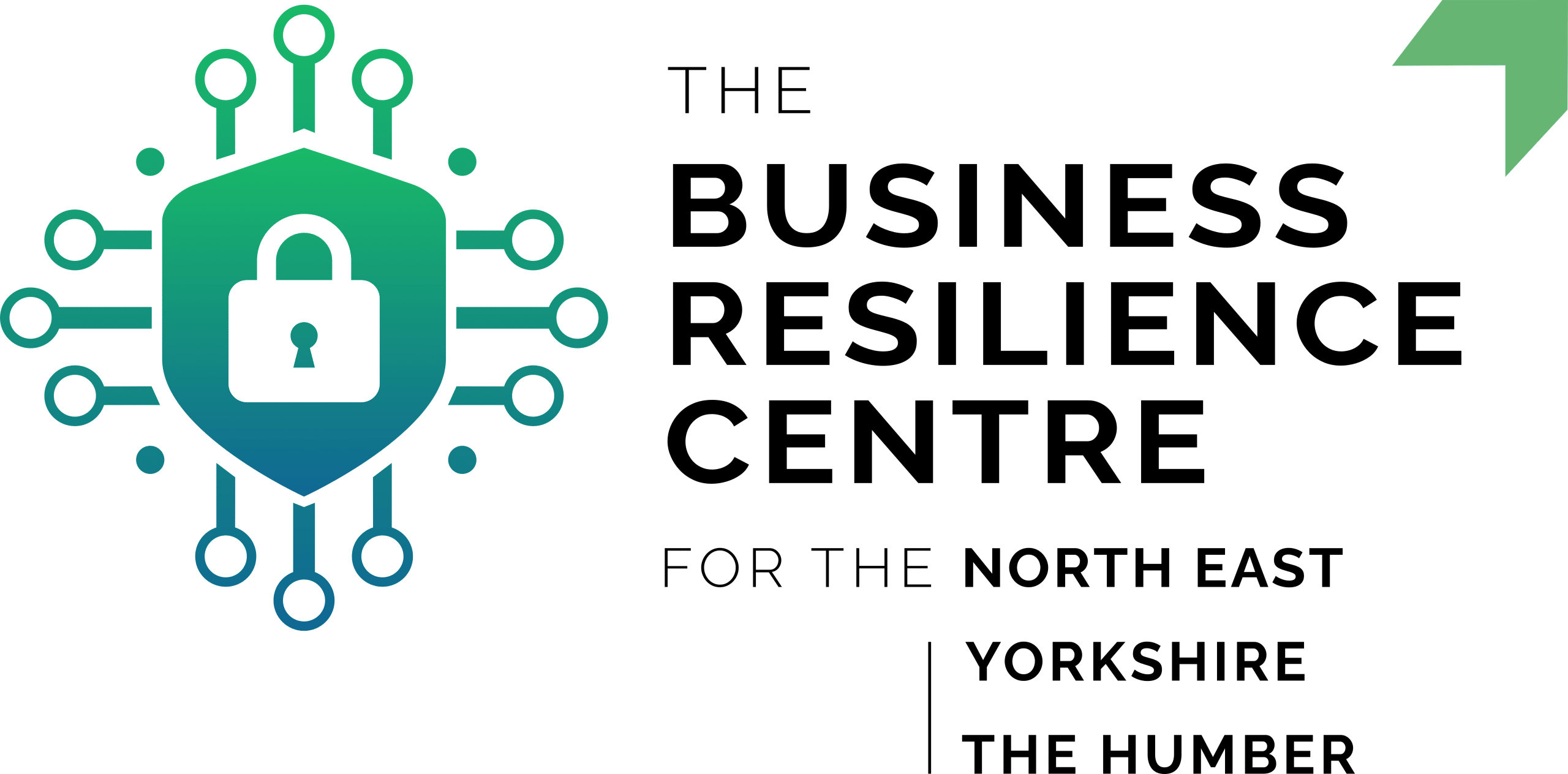How to Protect Yourself from Ticket Scams
Festival and concert goers looking to get last minute tickets to this summer’s top events are urged to be on their guard against fraudulent sellers, as new data reveals £6.7 million was lost to ticket fraud last year. Action Fraud, the national fraud and cybercrime reporting service, has launched a ticket fraud awareness campaign, warning people to be alert to fraudsters trying to catch out people planning for popular and sold-out events. So with this in mind, how do you protect yourself from ticket scams?
Our top tip for protecting yourself from ticket scams is to only buy tickets from the venue’s box office, the promoter, an official agent or a well-known and reputable ticket exchange site. Other tips include:
- Avoid paying for tickets via bank transfer
- Be wary of unsolicited emails, texts or adverts offering too-good-to-be-true deals
- Check if the vendor is a member of the Society of Ticket Agents and Retailers (STAR)
Read on to learn more about what ticket fraud is, what to look out for and how to prevent it from happening to you.
What is Ticket Fraud?
Ticket fraud is the act of selling fake event tickets, commonly for concerts and sports events. It often involves the use of images and graphics taken from genuine, authorised sellers to make fake websites look legitimate. To the unassuming eye, these ticket sites appear to be the real deal, but there are usually a few subtle differences.
Another type of ticket scam is through the use of third-party sellers, commonly via Facebook. Scammers are claiming to have tickets that they want to sell. These tickets are usually fake and are being bought for much more than the original ticket price.
Facebook is also being used by hackers to take over innocent users’ accounts to sell fake tickets. This has been rife in recent years affecting fans of huge artists like Ed Sheeran and Taylor Swift.
In the News: Taylor Swift Ticket Scams
One such example of ticket scams is Taylor Swift’s Eras tour, with fraudsters hacking and hijacking Facebook accounts to sell fake tickets in the UK. Lloyds Bank estimated that British fans may have lost up to £1 Million in ticket scams, with 90% of them occurring via Facebook.
What makes this worse is that Facebook appears to be doing nothing about it. Many victims and their friends have reported such scams to Facebook (on multiple occasions) but received no response
What to Look Out For With Ticket Scams
Pauline Smith, Head of Action Fraud said, “We all want to enjoy ticketed events this summer, but that doesn’t stop fraudsters from taking the fun out of things we look forward to doing. Too many people are losing out to fraudulent activity or genuine-looking phishing messages.
“Make sure you don’t get ticked off – recognise the signs of ticket fraud before getting caught out. Remember to be wary of unsolicited messages offering deals too good to be true.”
Here are some common red flags to look out for:
- Is the deal too good to be true?
- Sellers reaching out to you
- Sellers asking you to DM or text them right away
- Payment methods with no protection
- Third-party websites
- Spoofed links and emails
- Odd or unnatural language
- Fake/lookalike websites
Fraudsters often create fake ticket retail companies. Victims are lured in using social media or phishing emails with offers of the chance to buy tickets to a popular event, but instead give away their personal information or money, with no tickets received in return. Phishing messages often look real, but instead will either steal your information or divert to malicious websites which can infect your computer with malware.
If you feel at all suspicious of a ticket sale email, report the email to the Suspicious Email Reporting Service (SERS) at [email protected]. For more advice on how to stay secure online, please visit cyberaware.gov.uk.
Our Top Tips for Preventing Ticket Scams
The bottom line is, we firmly recommend buying your tickets from the original source (e.g. Ticketmaster, Eventbrite, AGM etc.) Jonathan Brown, Chief Executive of the Society of Ticket Agents and Retailers, said: “Buying from a STAR member means you are buying from an authorised ticket supplier signed up to our strict code of practice. While we hope you never have to use it, this also gets you access to our approved Alternative Dispute Resolution service.”
How to protect yourself from ticket fraud:
- Only buy tickets from the venue’s box office, the promoter, an official agent or a well-known and reputable ticket exchange site.
- Avoid paying for tickets by bank transfer, especially if buying from someone unknown. Credit card or payment services such as PayPal give you a better chance of recovering the money if you become a victim of fraud.
- The password you use for your email account, as well as any other accounts you use to purchase tickets, should be different from all your other passwords. Use three random words to create a strong and memorable password, and enable 2-step verification (2SV).
- Be wary of unsolicited emails, texts or adverts offering unbelievably good deals on tickets.
- Is the vendor a member of the Society of Ticket Agents and Retailers (STAR)? If they are, the company has signed up to their strict governing standards. STAR also offers an approved Alternative Dispute Resolution service to help customers with outstanding complaints. For more information visit star.org.uk/buy_safe.
Learn more about how to protect yourself from fraud here https://stopthinkfraud.campaign.gov.uk
Reporting Ticket Fraud
If you live in England, Wales and Northern Ireland and have been a victim of fraud or cybercrime, report it at www.actionfraud.police.uk or by calling 0300 123 2040. In Scotland, victims of fraud and cybercrime should report to Police Scotland on 101.
For further guidance on protecting you and your business please contact [email protected]. Sign up for our free core membership to stay up to date with the latest cyber security updates and gain access to a wealth of handy resources.
The NEBRC is a Police led non-profit organisation that seeks to educate, inform, and support businesses across the UK on how to protect their business online through good cyber security practices.

